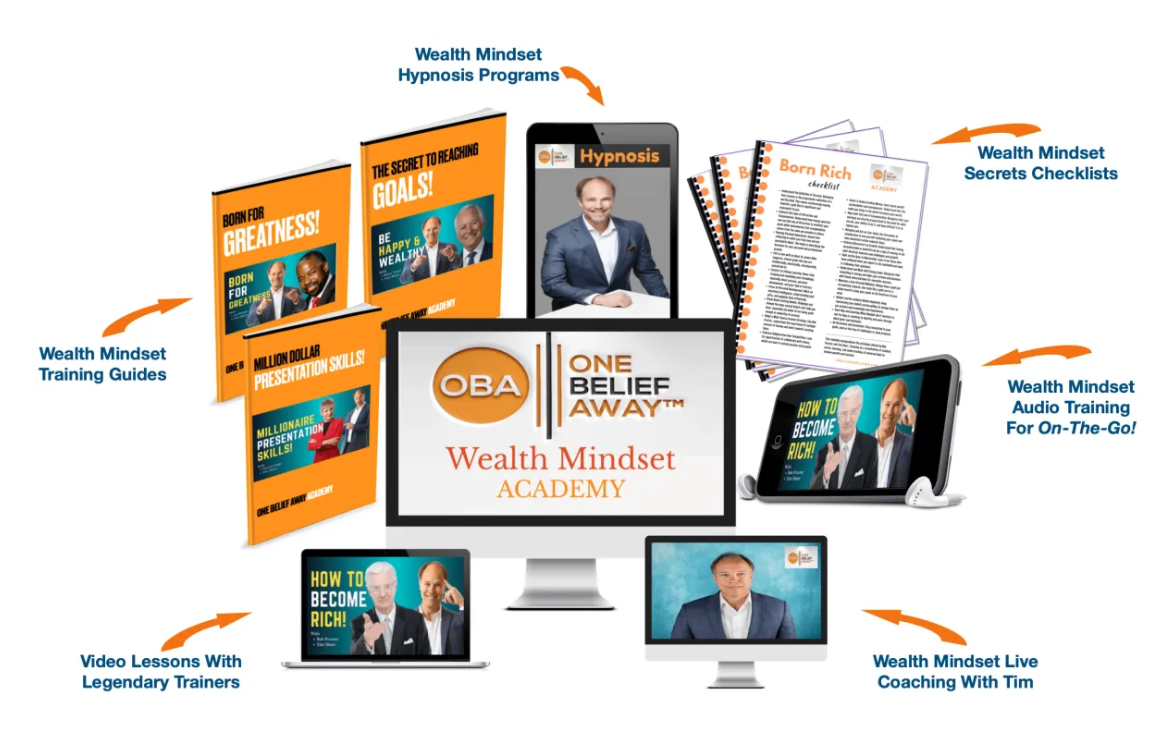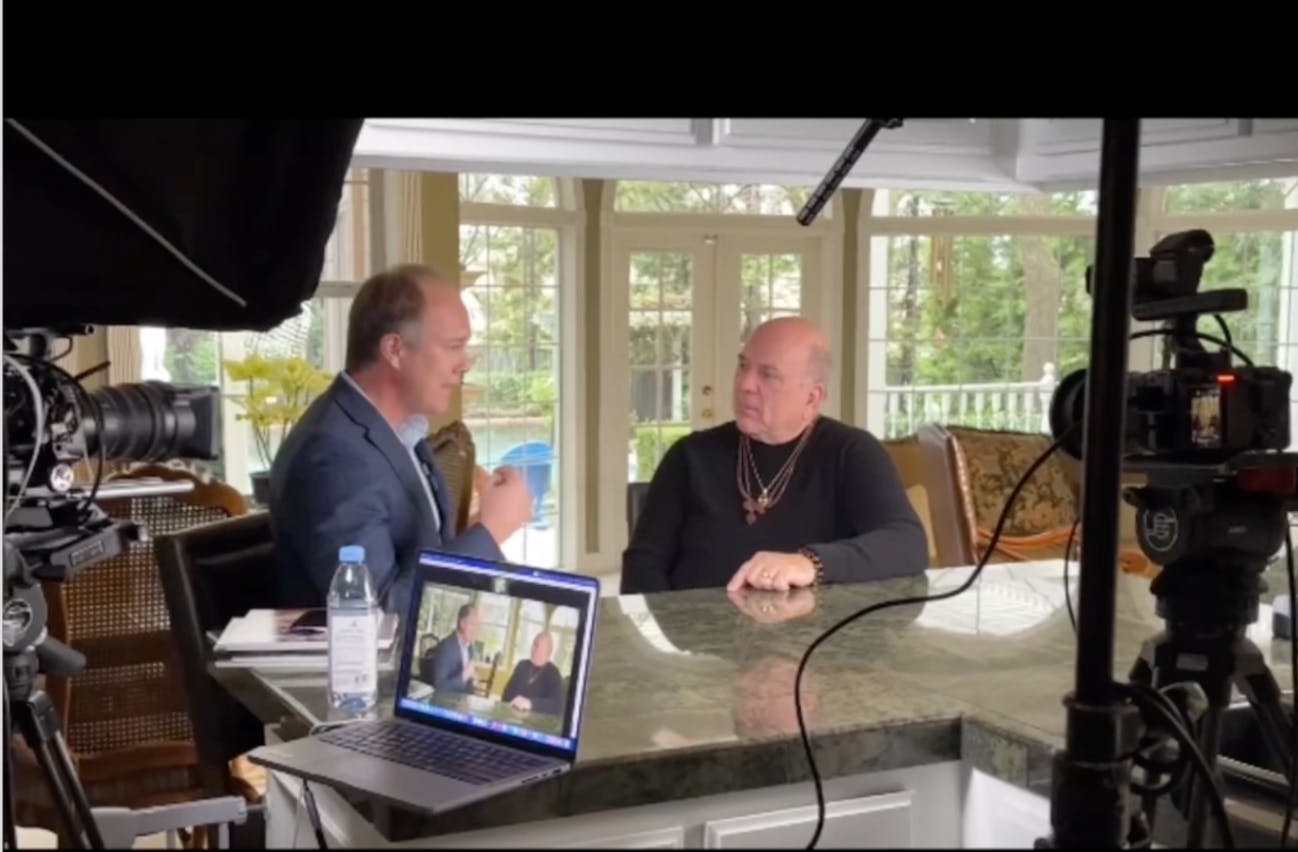
Do You Have a Champions Mindset? I Learned This From Tommy Hopkins
If you have been a realtor or a business owner over the last three decades, you’ve likely heard of Tom Hopkins. He’s one of the most successful sales trainers of all time. Tom dropped out of college at 19 and got into real estate. His first mentor took him to a California neighborhood three miles from the office and left him there. He said, “Tom, business isn’t going to come to you. You need to go to it. Knock on one hundred doors and you’ll end up with a qualified customer.” Tom hated knocking on strangers’ doors and didn’t even know what to say. But he did it anyway (because that’s what champions do), and after knocking on the 64th door, he got a customer and his first listing. He took great care of that couple who listed their home. Later, they would say that Tom was an answer to their prayers. Tom let everyone in that neighborhood know he was the realtor who sold that house, but building a business is typically slow and painful. Over the next four years, Tom worked his backside off. He was the first to go into the office and the last to leave. He networked with everyone who would talk with him and created relationships with the most successful realtors in town so he could learn from them. Tom believes that having mentors is an essential key to success. Eventually, Tom figured out his CHAMPIONS formula, which allowed him to sell 365 homes









